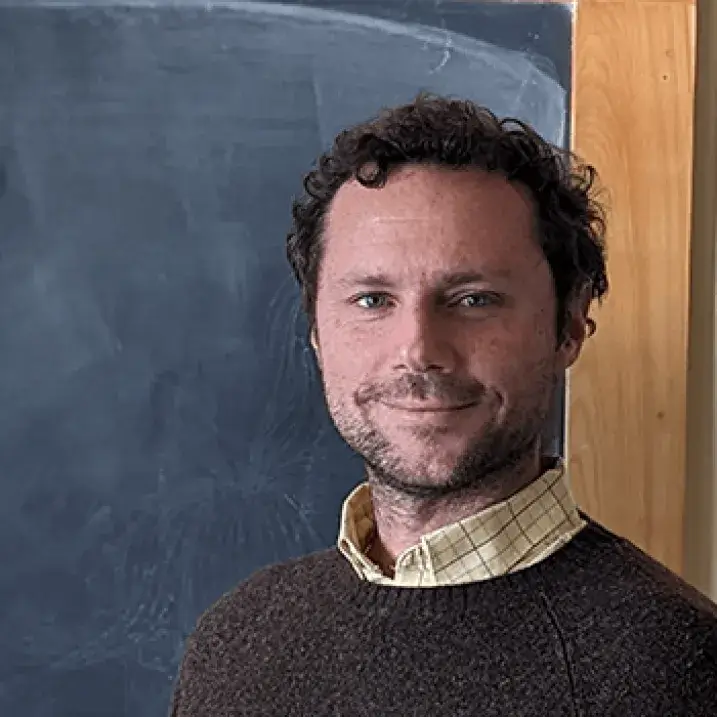Areas of expertise
Settler-Colonial Studies, Philosophy of Nature, Religion and Law, Environmental Humanities.
BIO
Kenneth Richards is duly appointed as a lecturer in Religious Studies and Environmental Studies at UVM. His current writing project examines the entanglement between religion, land, and indigeneity in US law. He argues that neither land, religion, nor indigeneity are given natural categories. They emerged as anthropological concepts, pop culture fantasies, colonial myths, racist categories, and legal terms from a history of power relations, discursive expressions, lived experiences, and practical negotiations. In federal Indian law, he argues that their genealogies emerged and evolved in co-determinative and deeply entangled relationships. This means that the application of federal Indian law and the interpretation or construction of federal Indian policy depends upon these categories' maintenance and developmental characteristics.
He is also working towards a future project that explores ecological theories of emergence alongside contemporary forms of religious expression that seek to construct alternative ways of life in response to the environmental crisis of today.
Kenneth teaches courses at the intersection of environmental studies, religious studies, and settler colonial studies. His teaching focuses on the history of American environmentalism, questions regarding the philosophy of nature, the relationship of capitalist economy to environmental crises, and Native American traditions and cultures.
Courses
- REL 1700: Defending the Sacred Earth
- REL 1355: American Indian Traditions and Communities
- REL 2700: Radical Ecologies
- ENVS 3990: Capitalism & the Wild
Bio
Kenneth Richards is duly appointed as a lecturer in Religious Studies and Environmental Studies at UVM. His current writing project examines the entanglement between religion, land, and indigeneity in US law. He argues that neither land, religion, nor indigeneity are given natural categories. They emerged as anthropological concepts, pop culture fantasies, colonial myths, racist categories, and legal terms from a history of power relations, discursive expressions, lived experiences, and practical negotiations. In federal Indian law, he argues that their genealogies emerged and evolved in co-determinative and deeply entangled relationships. This means that the application of federal Indian law and the interpretation or construction of federal Indian policy depends upon these categories' maintenance and developmental characteristics.
He is also working towards a future project that explores ecological theories of emergence alongside contemporary forms of religious expression that seek to construct alternative ways of life in response to the environmental crisis of today.
Kenneth teaches courses at the intersection of environmental studies, religious studies, and settler colonial studies. His teaching focuses on the history of American environmentalism, questions regarding the philosophy of nature, the relationship of capitalist economy to environmental crises, and Native American traditions and cultures.
Courses
- REL 1700: Defending the Sacred Earth
- REL 1355: American Indian Traditions and Communities
- REL 2700: Radical Ecologies
- ENVS 3990: Capitalism & the Wild
